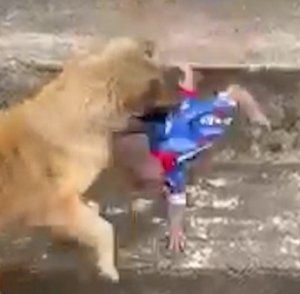
Cultural sensitivity is an often-overlooked aspect of baby monkey-friendly initiatives. In many regions where monkeys are native, cultural beliefs and practices influence how primates are treated. Some communities may view monkeys as pests, while others see them as sacred. A baby monkey-friendly approach respects local traditions while promoting coexistence and ethical treatment. Engaging community leaders and elders in conservation dialogue fosters mutual understanding and helps tailor solutions that are both effective and respectful.
Funding is a critical but ongoing challenge. Caring for baby monkeys—especially those who are orphaned, injured, or rescued—requires significant financial resources. This includes food, medical care, shelter, enrichment tools, staff salaries, and long-term maintenance of facilities. Baby monkey-friendly organizations often rely on donations, grants, and public support to stay operational. Sustainable funding models—such as ethical tourism, educational outreach, or partnerships with universities—help ensure consistent, high-quality care.
Technology is playing a growing role in improving how we protect baby monkeys. Camera traps, GPS collars, and health-monitoring wearables help conservationists track wild populations and study behavior without disrupting natural habitats. In sanctuaries, digital recordkeeping and telemedicine allow experts to collaborate across continents. Virtual reality and educational apps are also being used to teach children and adults about primate conservation, making baby monkey-friendly practices more accessible to the general public.
Play is a fundamental part of baby monkey development. Through play, young primates learn coordination, social boundaries, and problem-solving skills. A baby monkey-friendly setting ensures opportunities for safe, natural play with other monkeys and enriching objects. Rough-and-tumble games, mimicry, and exploration are all essential to their emotional and cognitive growth. Recognizing the importance of play allows caregivers to raise confident, resilient monkeys that are better prepared for adulthood—especially if rewilding is the goal.
Legislation is one of the most powerful tools in the baby monkey protection toolkit. Laws that ban the private ownership of primates, prohibit the trafficking of wildlife, and safeguard natural habitats are essential to reducing the number of orphaned or endangered baby monkeys. However, laws are only as strong as their enforcement. Governments, wildlife agencies, and communities must work together to ensure that baby monkey-friendly policies are upheld through education, regulation, and prosecution of violations.
In the end, being baby monkey friendly isn’t just about animals—it’s about us. It’s a reflection of our values, our respect for life, and our ability to act with empathy and foresight. These small primates, with their bright eyes and delicate hands, remind us that every creature deserves care, safety, and a chance to grow. By protecting baby monkeys, we are also protecting biodiversity, ecosystems, and a part of ourselves. A baby monkey-friendly world is a better world for all.